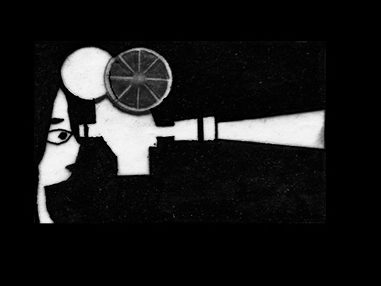Review The Shameless film: a dark fable between documentary realism and forbidden passion
This review The Shameless film explores a singular work presented in the Un Certain Regard section of the 2024 Cannes Film Festival. Konstantin Bojanov builds a narrative of flight, desire, and sacrifice, where sensory experience takes precedence over linear storytelling. Inspired by the tradition of devadasis—young girls consecrated to a deity and often subjected to ritual prostitution—the film is rooted in a rarely depicted social reality, filtered through a highly stylized, confrontational direction.
From this documentary foundation, Bojanov crafts a fiction with tragic breath. Fire, night, gazes, escape: the film constructs a closed, tense world with no escape. Its aesthetic coherence is undeniable, yet its harshness eventually drains emotional impact. The Shameless offers no relief, no counterpoint, no humor. This formal intransigence—coherent as it may be—makes the viewing experience strenuous.
Yet in this oppressive space emerges a rare cinematic love story: between two women separated by everything, especially age. Anasuya Sengupta, Best Actress at Cannes, plays Renuka, a damaged, fugitive woman haunted by violence. Opposite her, Omara Shetty (Devika) gives life to an adolescent girl Renuka tries to save from a sacrificial fate. Their bond is not merely protective or symbolic—it’s physical, romantic, and profoundly transgressive. Bojanov captures it without voyeurism, with great restraint, yet a lingering moral tension surrounding the age gap remains palpable. This review The Shameless film highlights how rare and radical this narrative is on screen.
One wishes Renuka’s past had been more thoroughly explored. While the silence surrounding her background may be an artistic choice, it also limits the character’s depth. She is not a symbolic survivor—she is a marked, complex woman who deserved a fuller narrative.
Direction and aesthetic choices in The Shameless
Bojanov cites One Flew Over the Cuckoo’s Nest as a major influence, depicting a rebellious outcast crushed by social systems. But unlike Forman’s film, The Shameless offers no hope of collective resistance. Action remains distant; pivotal acts (rape, abortion, sacrifice) are kept offscreen. This refusal to show avoids sensationalism, but sometimes dulls dramatic effect through abstraction.
The cinematography is striking—harsh light, deep shadows, red filters, static shots create visual hypnosis. Yet constant tension saps the film’s emotional resonance. Image overpowers narrative, and emotional intensity gives way to aesthetic opacity.
By refusing all simplification—narrative, emotional, or visual—The Shameless becomes a radical work, necessary yet hard to access. It does not guide the viewer, it confronts them.
Bojanov’s integrity is undeniable. He avoids emotional manipulation or identification. This uncompromising stance makes The Shameless a unique, challenging, and often disturbing film. But it also leaves the viewer in a discomfort unrelieved by narrative resolution or clarity. The Shameless is a film more to be admired than loved. And perhaps that is exactly its point.
Should you watch The Shameless?
Yes—for its bold formal stance, its extraordinary performances, and its rare subject. But be warned: The Shameless is a harsh, unrelenting experience.
What did you think of The Shameless? Tell us in the comments or on @movieintheair.


